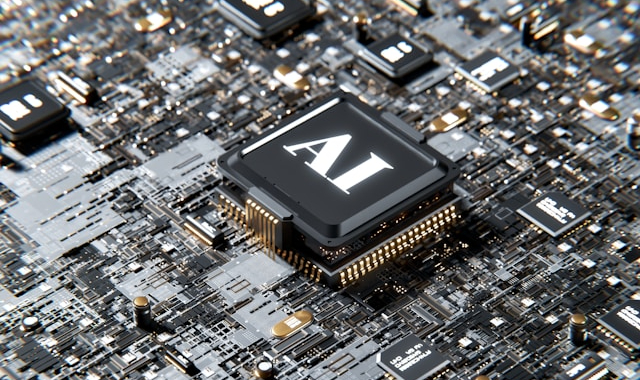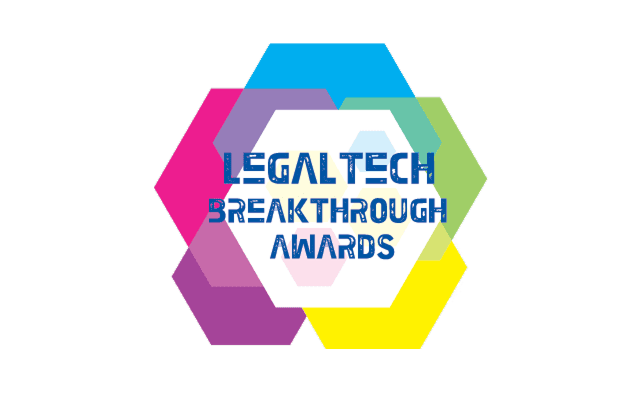Beyond Billables: Training Disputes Lawyers for the Age of AI
The rise of AI in the legal sector has kicked off a considerable amount of debate, particularly around how it will affect the role of lawyers.
EventsThe rise of Artificial Intelligence in the legal sector has kicked off a considerable amount of debate, particularly around how it will affect the roles and development of disputes lawyers. While AI can streamline intensive administrative tasks like bundling, the technology also raises questions about how it will change the skills of lawyers in the future.
This topic was a key part of our first session at London International Disputes Week ‘Beyond Billables: Training Disputes Lawyers for the Age of AI’, with our co-hosts Simmons & Simmons.
The event featured a distinguished panel, including the Master of the Rolls, Sir Geoffrey Vos, who stated his view that AI is "uncontroversially useful" for a range of administrative duties. However, Sir Geoffrey also delivered a crucial reminder - the ultimate responsibility for the accuracy and validity of all submissions to court remains firmly with the lawyers. He emphasised, "If lawyers present false cases to court, it is no different from their having made them up," identifying that AI serves as a tool, not a replacement for human experience and knowledge.
The practicalities of integrating AI into legal workflows were discussed in more depth by Tara Waters from Wexler. She highlighted that lawyers might spend an excessive amount of time double-checking AI-generated output to ensure accuracy. Therefore, to optimise efficiency, Waters proposed the implementation of "confidence scores leading to targeted review," citing the use of 'red, amber, or green' scores by certain vendors as an effective method for guiding review efforts.
Stephen Dowling SC, Barrister and Founder of TrialView, weighed in on AI's potential to enhance justice by promoting "brevity and simplicity" in legal submissions. However, he also put forward a thought-provoking question about the impact on junior lawyers, asking if they are now at a disadvantage by being denied the experience of document processing and analysis, which is increasingly being handled by AI. His colleague, Eimear McCann, TrialView's Commercial Director and a trained lawyer, echoed this concern, warning of the risk of "cognitive atrophy" if human involvement in these tasks is completely removed.. "We should never feel that we are handing everything to AI," McCann stressed, advocating for a balanced approach.
William Dunning, an Associate at Simmons & Simmons, acknowledged this point, that skills honed through repetition, such as drafting and reviewing documents, could decrease in the younger generation of lawyers. But Dunning also pointed out that law firms have to keep up with the evolving requirements of both their clients and the industry. "We are now at a point where a client might ask us why we are not using AI… it has been a rapid change," he observed.
The 'Beyond Billables' event served as a crucial and exciting platform for an open discussion on the development of legal practices in the age of AI. While the technology offers undeniable benefits in efficiency and task automation, the panellists highlighted the irreplaceable role of human judgement, ethical responsibility, and the need for thoughtful integration to ensure the continued development of highly skilled legal professionals.
About London International Disputes Week (LIDW)
London International Disputes Week (LIDW) was established as a collective initiative to reinforce and promote the city's status as a global leader for international dispute resolution. Its foundational purpose is to provide a comprehensive forum that represents the breadth of London's dispute resolution community, encompassing law firms, barristers' chambers, arbitrators, mediators, and ancillary service providers.
The event is structured around the core aims of exploring future trends in the field, celebrating London's capabilities across arbitration, litigation, and mediation, and demonstrating the community's commitment to principles such as diversity, inclusion, and the rule of law. By convening these diverse stakeholders, LIDW facilitates essential dialogue on key issues, seeking to drive global awareness and best practice while underscoring the city's central role in handling complex international disputes.
See TrialView in action
As one of the leading litigation platforms, TrialView is the perfect addition to your tech stack. Book a free demo to get started.
Book a demo.svg)



